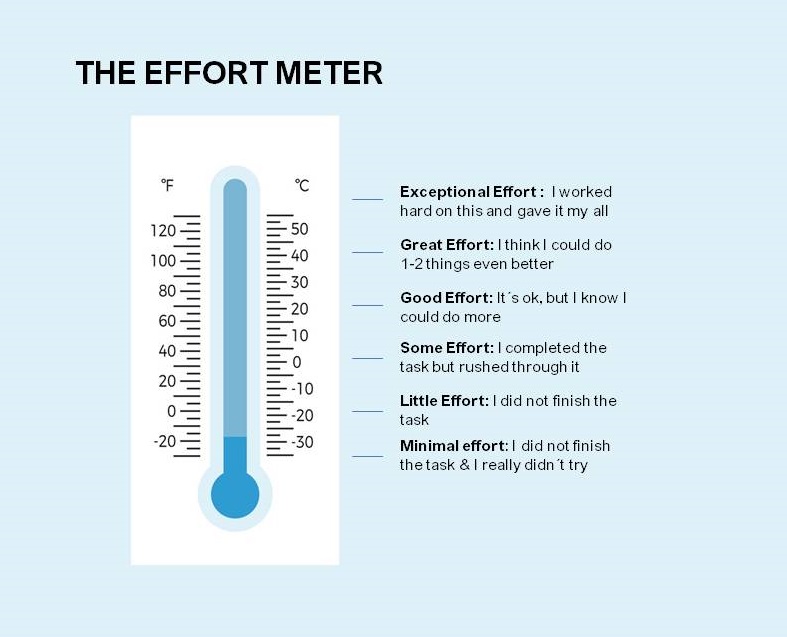
Wanna lead? Learn how to praise!
Congratulations, you made it through another day as a leader! 🎉🙌 Now, that´s quite amazing, don´t you think? How did it go? What was good and what could have been better? Have you been observing your team with a critical eye? If yes, I hope you noticed their superpowers!
How often do we keep a laser-sharp focus on “getting things right “, making sure everything is in order and according to standards? We could say we are constantly managing the environment, performance and making sure rules are kept (for a good reason of course).
AND while such management is important for a leader, we mustn’t forget to lead our people towards success as well. A good step in that direction is getting the ratio of critique and praise right.
The study, done by the University of Michigan Business School several years ago, compared team performance to the frequency of praise and criticism given within the teams. The best-performing teams used about six times as many positive comments for every negative one. It found that the worst performing teams, on average, used three negative comments for every positive one.
http://edition.cnn.com/2013/04/14/business/criticism-praise-feedback-work-life/)
We must give constructive critique when things get off track (which is practically inevitable). However, wise leaders keep in mind, that an overload of negative feedback can (and likely will) kill enthusiasm and motivation in people. And we certainly don´t want that, do we?😎
I work with leaders, who want to grow and improve their skills. While discussing praise, they often tell me something like: “No one ever praised me! And here I am! They (my subordinates) are getting a salary, no? Should I thank them for everything? Even coming to work in the morning? This is not kindergarten!” I must admit, I had a similar mindset for many years. We often tend to repeat (perhaps well-meant) injustices our bosses committed against us (or let’s be honest, even our parents or teachers). We somehow tend to act as if only exceptionally “big things” deserve praise.
Later on, I came to experience and appreciate, how powerful is praising and being praised for the right thing at the right time. The difference is, praising is not thanking. It shouldn´t be thought of as a “reward” from the manager as some “parental authoritative figure” in exchange for an outcome (for that people really do receive a salary).
Praising is about recognizing people as feeling, learning and growing humans (not machines valued only for specific outcomes they produce). With praise, we recognize and appreciate effort, grit and steps taken in the right direction. Things, that can´t be quantified and put into an excel spreadsheet.
Praise lets people know, they are seen and appreciated, which is one of the strongest human needs and cravings. Accidentally it also fulfils a very practical purpose – it lets people know they are right path (even if things don’t immediately work out) which in turn leads to them doing “more of the right thing”.
Remember motivation, effort, grit and steps in the right direction from your team members are neither guaranteed nor binary. They are qualitative and exist on a scale and we as leaders have the opportunity to, “drive our people” from one end of the scale to the other. For example, by giving them the right praise, in the right amounts, at the right time.

Praise…Sounds so simple, yet it´s mostly overlooked, even by otherwise excellent, senior leaders. Let´s be honest…How often did you get praised by your supervisor or colleagues in the past week? In the past year?🤔
So, I have a leadership challenge for you! Take time to give at least one (sincere and well thought out) praise to each of your team members, every day for the following 7 days. Observe your team closely and focus on their superpowers, on what went well, what they did that was nice or thoughtful, how they went beyond the call of duty, simply anything they deserve praise for.
TIP no.1: In a business environment, focus on praising something, that the person can affect and actually matters to the business. That means – praise behaviour, quality of effort, approach or outcome of individual work. Don´t focus on praising physical traits, taste in music, style of clothing, cooking skills etc… These are “surface” flattery, can be utterly inappropriate and overall have to do more with rapport than actual praise.
Example: I appreciate how you managed to stick it out in that project, even if it was difficult at times – shows a great deal of grit on your side!
VS.
I like your haircut! It suits your face very well and the colour is refreshing too!
TIP no.2: Make the praise more effective by being as specific as possible and don’t forget to deliver it with sincere emotion.
Example: I like that you helped out John without me asking you to do it. I appreciate such proactive behaviour.
VS.
I like that you are a good team player
So, are you game? 1 praise for each of your team members for the next 7 days? If so, come back to share your experience with the experiment. 😊


Add A Comment